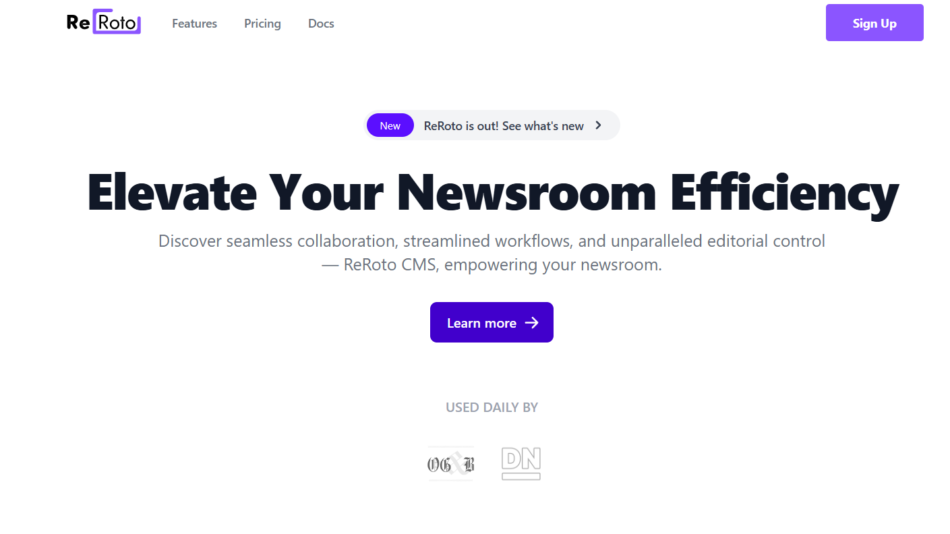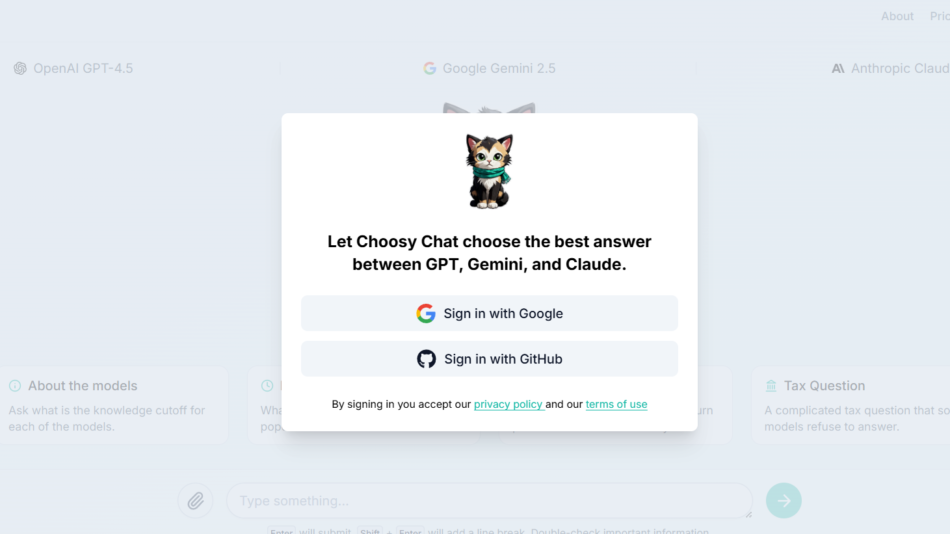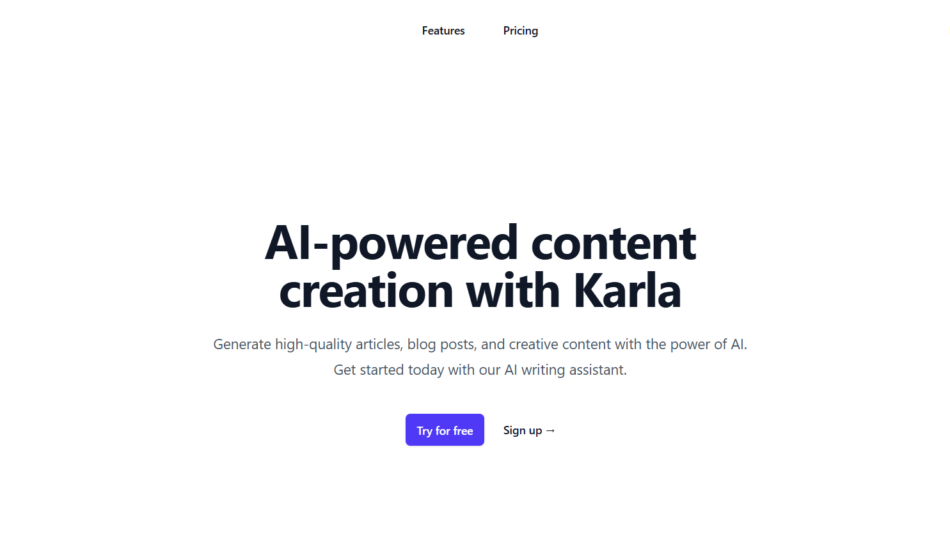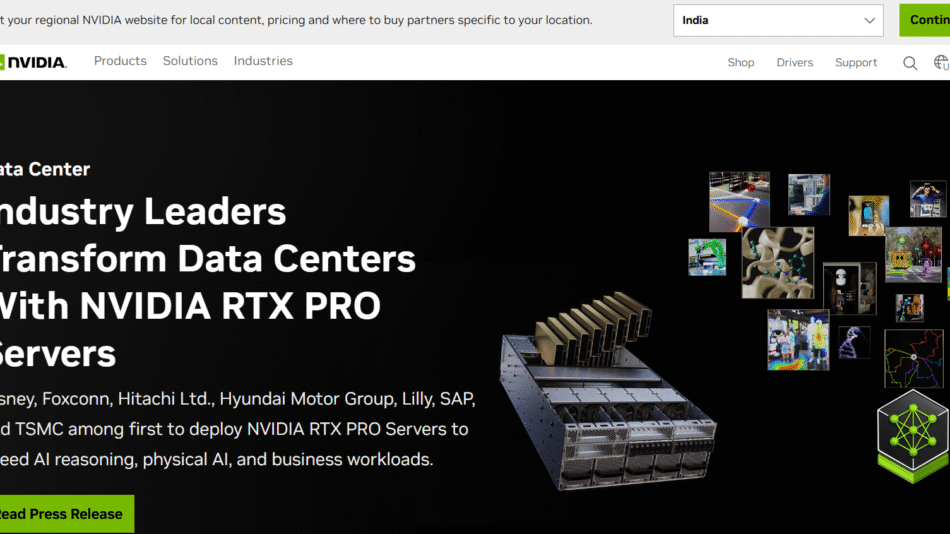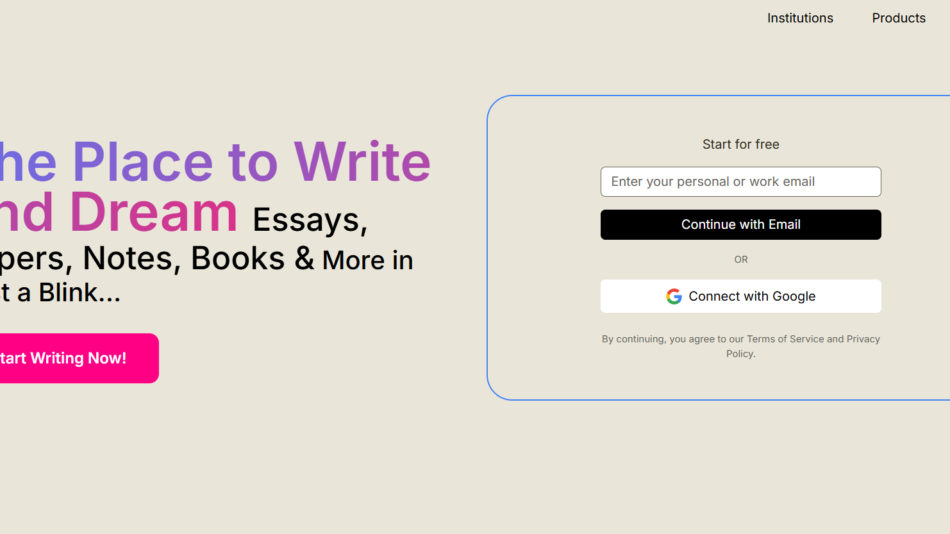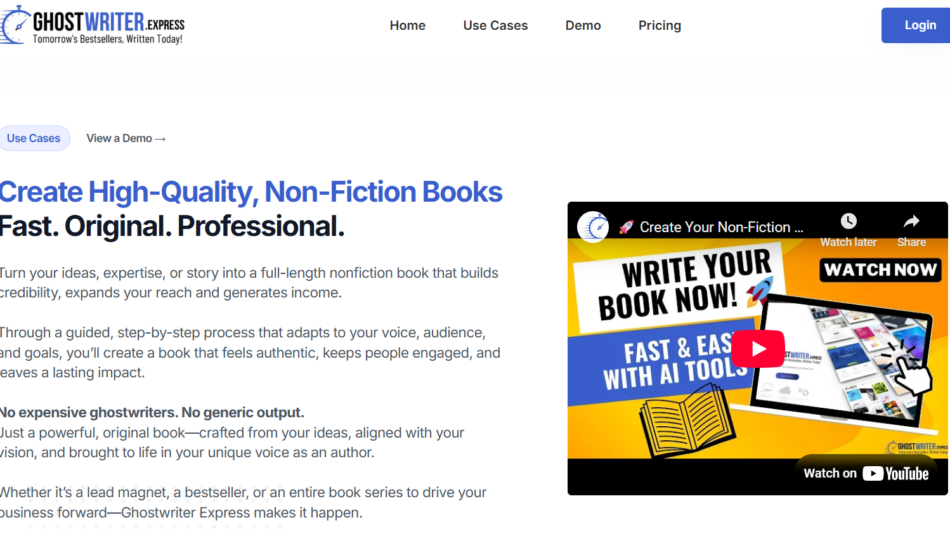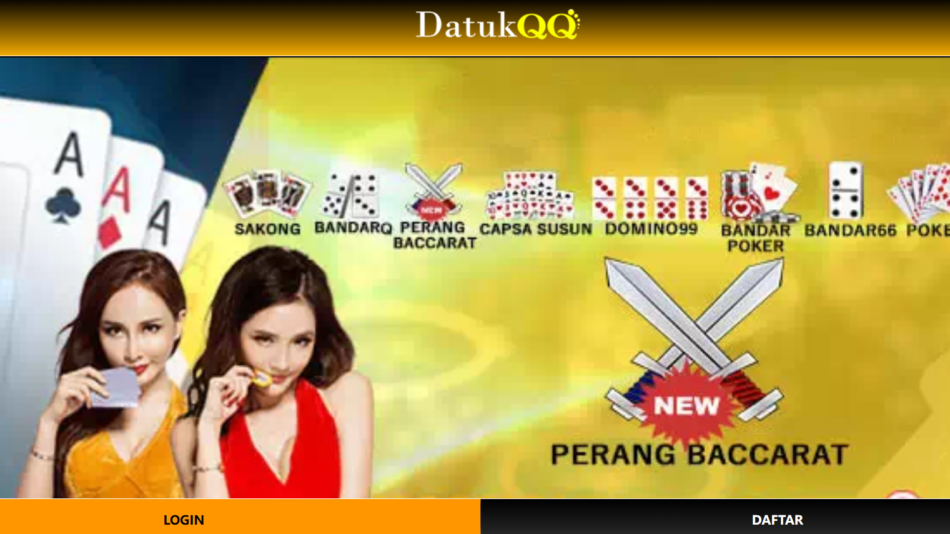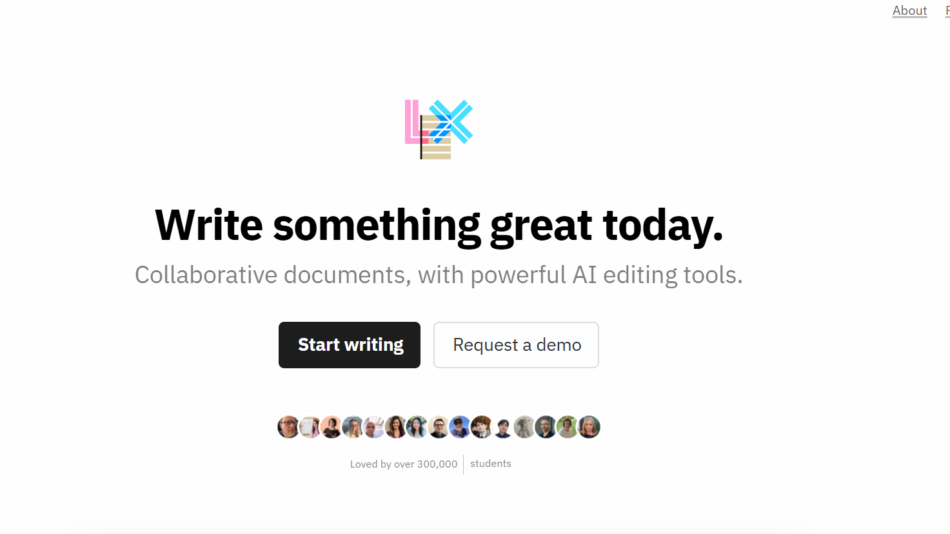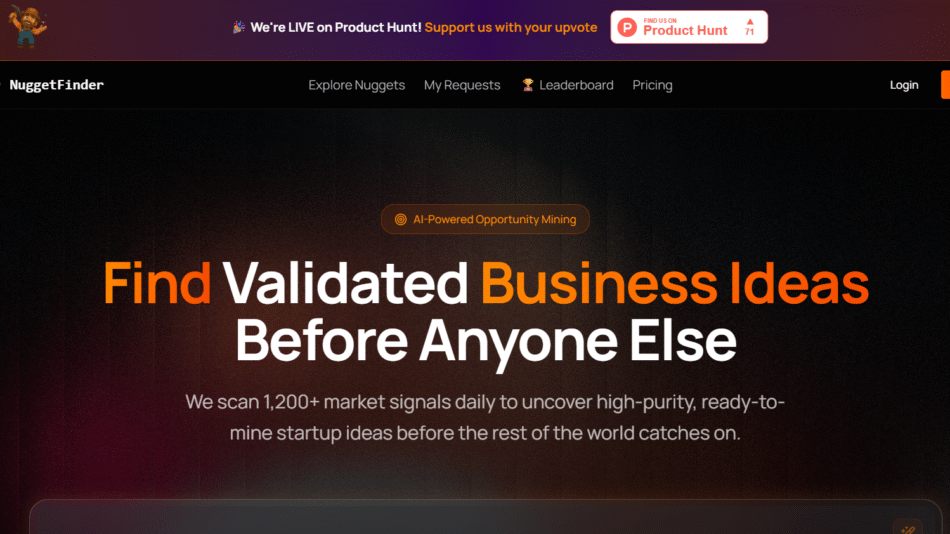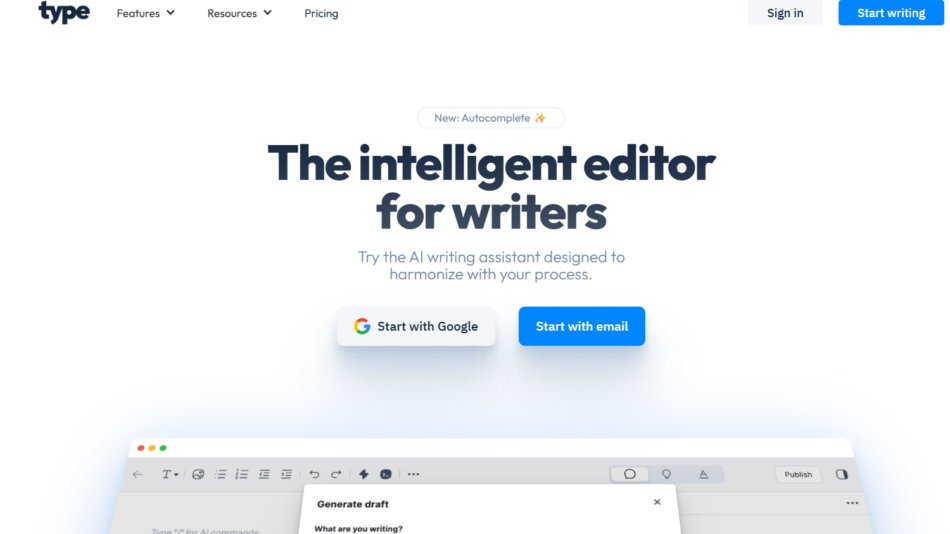Scrapybara is an AI-powered no-code web scraping tool designed to help users extract data from any website easily and efficiently. Whether you’re collecting pricing data, tracking competitors, analyzing reviews, or extracting structured content from the web, Scrapybara simplifies the process through a point-and-click interface powered by AI.
Unlike traditional scraping tools that require coding skills or setup complexity, Scrapybara enables users to define scraping instructions using natural language or simple UI interactions. Its intelligent agent learns the structure of the website, navigates dynamically, and gathers the desired information—delivering clean, exportable data without needing custom scripts or browser extensions.
Features
Scrapybara offers a comprehensive suite of features for modern web data extraction:
AI agent that understands and adapts to website layouts
No-code interface for creating custom scrapers in minutes
Natural language prompts to define what data you want
Support for paginated content, infinite scroll, and nested navigation
Cloud-based scraping (no local runtime required)
Export options including CSV, JSON, and direct integrations
Scheduled scraping for recurring data pulls
Anti-bot bypass capabilities (e.g., automated delays, headless browsing)
Secure storage and user authentication for private projects
Dashboard for managing, monitoring, and editing scraping jobs
These features make Scrapybara suitable for non-technical users and data professionals alike.
How It Works
Scrapybara streamlines the web scraping process with intelligent automation:
Users enter a website URL into the Scrapybara dashboard
They define the scraping task by either using a natural language prompt (e.g., “Get all product names and prices from this page”) or selecting data directly using the point-and-click interface
Scrapybara’s AI analyzes the webpage structure and builds a scraping agent tailored to the task
The agent navigates the site—including pagination, drop-downs, or scroll areas—to collect the requested data
Users can preview and validate the results before exporting
Scraping tasks can be saved, scheduled, or run continuously for ongoing data collection
Scrapybara handles the technical complexities, such as DOM navigation, selectors, and request throttling, behind the scenes.
Use Cases
Scrapybara supports a wide range of data extraction needs across industries:
Market Research: Collect competitor pricing, product listings, and consumer sentiment from retail websites
Lead Generation: Scrape business directories, job boards, or contact lists
SEO and Content Monitoring: Track rankings, meta tags, or blog updates from target domains
Financial Research: Monitor stock tickers, news headlines, and economic data from financial portals
Academic or Journalistic Research: Extract articles, citations, or case data from publications and databases
Ecommerce Intelligence: Gather reviews, seller information, and product attributes
Real Estate Analysis: Scrape listings, prices, and location metadata from property sites
SaaS Analytics: Monitor competitor websites or software changes for product insights
Scrapybara is flexible enough for solo entrepreneurs, growth teams, and data analysts.
Pricing
As listed on the Scrapybara Pricing Page, the platform offers multiple pricing tiers suited for different user needs:
Free Plan
50 credits per month
2 active scraping agents
Limited page depth and export formats
Good for personal or trial use
Pro Plan – $49/month
1,000 credits per month
10 agents
Priority job processing
CSV, JSON exports
Ideal for professionals and small businesses
Business Plan – $149/month
5,000 credits per month
50 agents
Team collaboration features
API access
Premium support
Designed for teams and power users
Enterprise Plan – Custom Pricing
Unlimited credits
Dedicated infrastructure
Custom SLAs and integrations
Personal onboarding and support
Suitable for large organizations with complex scraping workflows
Credits are consumed per scraped page or request, depending on complexity.
Strengths
Scrapybara offers significant advantages over traditional scraping methods:
No coding or technical knowledge needed
AI intelligently adapts to website structures and dynamic content
Fast setup and deployment for scraping agents
Cloud-hosted scraping removes infrastructure management
Export-ready data in popular formats
Scalable plans from individuals to enterprises
Frequent updates and roadmap-driven feature releases
Natural language commands reduce learning curve
Its simplicity and power combination make it ideal for business users needing fast, flexible data access.
Drawbacks
While Scrapybara is a powerful tool, it has some current limitations:
Credit-based pricing may be less predictable for heavy users
Not all websites are easily scrapable due to JavaScript complexity or bot protection
AI-based scraping may occasionally misinterpret complex page logic
Limited integrations compared to some enterprise data platforms
Requires internet access and is not available for on-premise deployment
Users handling highly customized or sensitive scraping may need additional tools for fallback.
Comparison with Other Tools
Scrapybara compares favorably with other scraping platforms in usability and intelligence:
Scrapybara vs. Octoparse
Octoparse is also no-code but requires more manual configuration. Scrapybara’s AI-driven approach offers faster setup with less user input.
Scrapybara vs. Apify
Apify is a developer-friendly platform with scripting and SDKs. Scrapybara is better for non-technical users with its natural language and point-and-click design.
Scrapybara vs. ParseHub
ParseHub supports complex logic and workflows but has a steeper learning curve. Scrapybara’s AI simplifies common tasks without overwhelming the user.
Scrapybara vs. Bright Data
Bright Data is built for high-scale enterprise scraping and proxy management. Scrapybara focuses on simplicity and AI-powered accessibility for smaller teams.
Customer Reviews and Testimonials
As of now, Scrapybara does not feature formal customer testimonials on its website, but early user impressions have been shared via social channels and communities:
“We used Scrapybara to gather competitor data for our eCommerce shop in minutes—it would’ve taken hours manually.”
— Digital Marketer, Online Retailer
“Scrapybara replaced our internal scripts and gave the marketing team full autonomy.”
— Growth Lead, SaaS Startup
“I love how I can tell it what I want in plain English, and it just figures it out.”
— Freelancer, Market Research Consultant
Users are encouraged to share feedback during beta testing, and more case studies are expected as the platform scales.
Conclusion
Scrapybara is a powerful AI-driven web scraping tool that brings advanced data extraction capabilities to non-developers. By combining a no-code interface with intelligent agents that understand web page structures, Scrapybara enables fast, reliable, and scalable data gathering for users across industries.
Its flexible pricing, easy setup, and cloud-based architecture make it an ideal choice for small businesses, researchers, and teams who need accurate web data without the hassle of traditional scraping scripts. While it’s not suited for every edge case, Scrapybara hits the sweet spot for most users needing fast, clean, and code-free web scraping.
For those looking to turn any website into structured, actionable data—without writing a single line of code—Scrapybara is a modern solution worth exploring.

